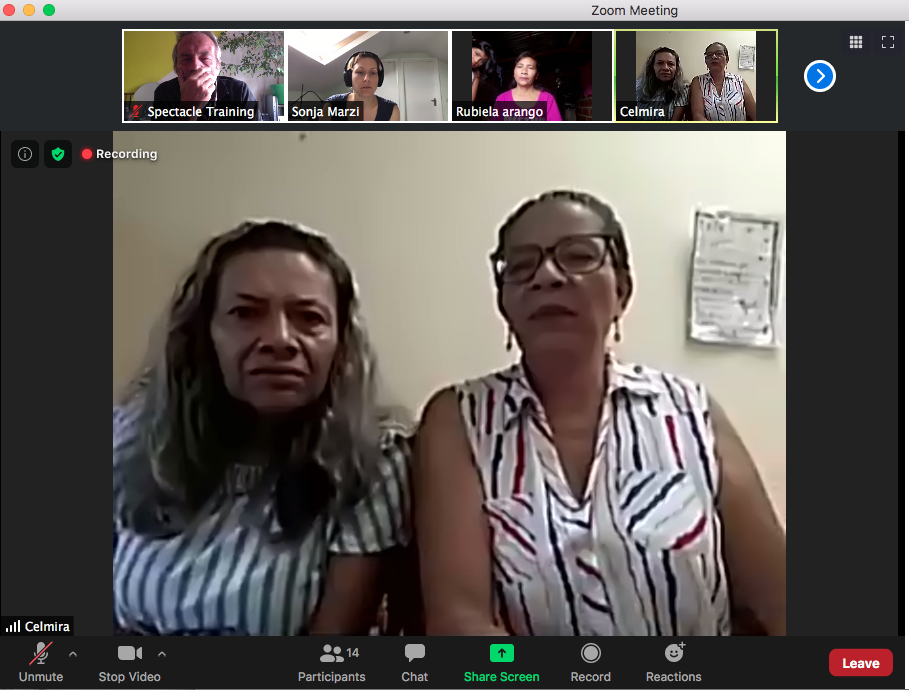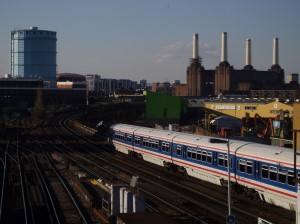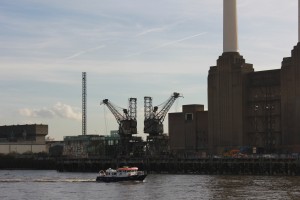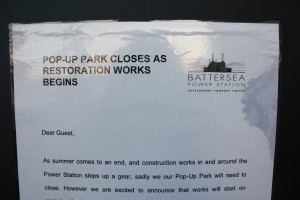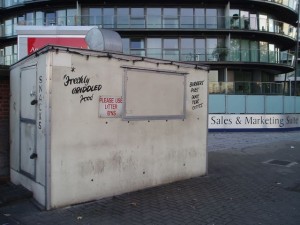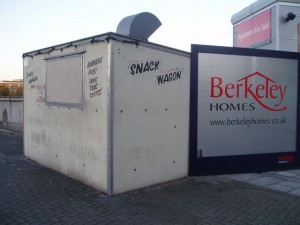June 2021 marks the 30 years since the founding of INURA, the International Network for Urban Research and Action. In that time, INURA has developed into a resilient network for people involved in action and research in localities and cities. The Network consists of activists and researchers from community and environmental groups, universities, and local administrations, who wish to share experiences and to participate in common research.
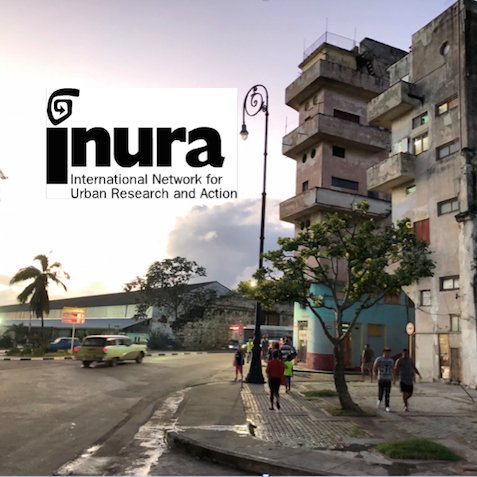
INURA advocates for social justice. Most recently INURA spoke out against the arrest and imprisonment of Eugene Kalinouski, 22, urban geographer, who was arrested in Belarus for during a political protest. Belarus has a history of arresting those who dissent with the government, and are facing international sanctions after the recent extraordinary lengths they went to in order to arrest a blogger. Other examples of the issues that Network members are involved in include actions such as standing in solidarity with workers, criticising environmentally unsound development processes and research on major urban renewal projects, the urban periphery, community-led environmental schemes, urban traffic and transport, inner city labour markets, do-it-yourself culture, and social housing provision. In each case, the research is closely tied to, and is a product of, local action and initiative.
This year, INURA member Tomislav Tomasevic, activist, researcher, and organiser of the 2019 INURA conference in Zagreb, was elected as the new mayor of the city of Zagreb (population 805,000) winning more than 68% of the vote.
INURA was founded in 1991 in Salecina, Switzerland as a network with a self-organising, non-hierarchical, decentralised structure. INURA is also a member of the Habitat International Coalition, a global network for the right to housing and social justice.
Since 1991, INURA has held yearly conferences in cities around the world, although the 30th conference, which will take place in Luxembourg, has been postponed until 2022 due to the global pandemic.
Spectacle’s founder Mark Saunders is a founding member of INURA and Spectacle’s archive contains valuable video footage or urban environments throughout the 80s, 90s, and 00s from Montreal to Brussels to Berlin which is available for the researchers in the INURA network.
Spectacle has long focused on inequality in urban environments and precarious housing arrangements including squats, cooperatives, evictions, and estates. All this material and more can be explored through our archive.
Sign up to our Newsletter for more information about our ongoing projects.
Spectacle Homepage
Like Spectacle Documentaries on Facebook
Follow us on Twitter, Instagram, Vimeo, Youtube and Linkedin

